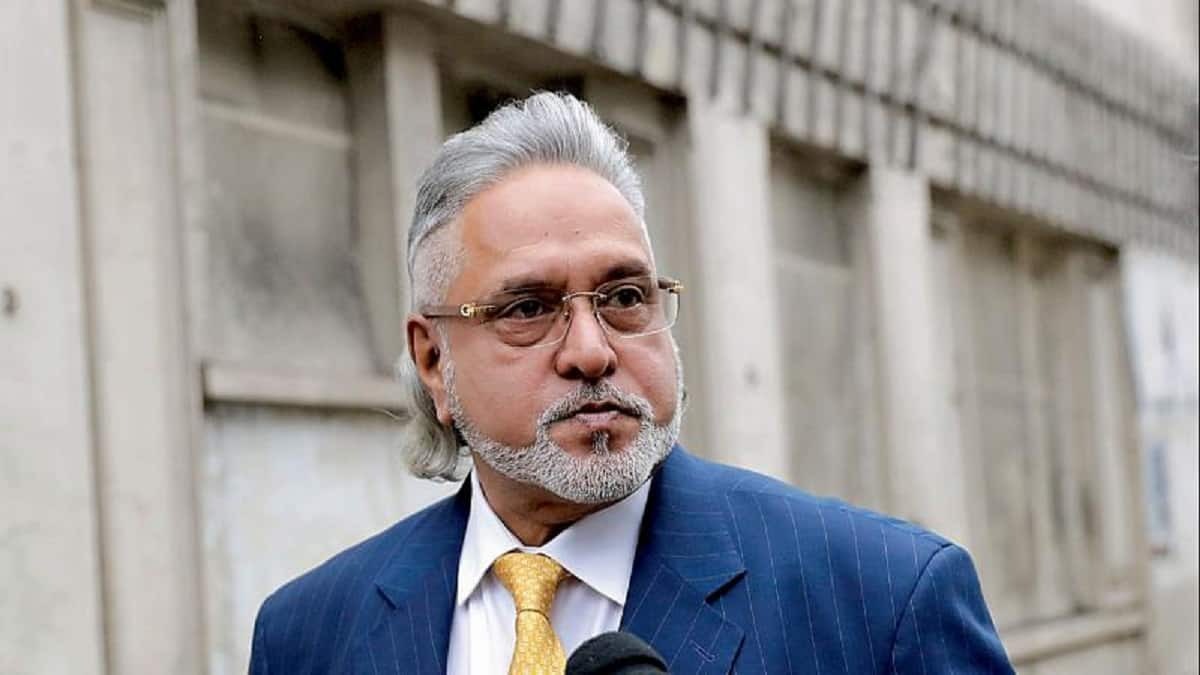A delegation from the United Kingdom’s Crown Prosecution Service (CPS), comprising two CPS experts and two officials from the British High Commission, recently conducted an in-depth inspection of Delhi’s Tihar Jail, including its high‑security wards, and engaged directly with inmates as part of an effort to evaluate prison conditions ahead of extradition proceedings for individuals like Vijay Mallya and Nirav Modi.

This visit responds to prior concerns raised in UK courts regarding the custodial environment in Indian prisons, which had contributed to dismissals of extradition requests in previous cases. To address these concerns, Indian authorities assured the visiting delegates that, if required, a special “enclave” or segregated section could be created within Tihar to safely house high‑profile extradited individuals, ensuring they are properly isolated from the general prison population and protected by enhanced security measures.
The British team reportedly expressed satisfaction with the overall conditions, describing them as “good” and “close to international standards.” Indian officials also reiterated guarantees against physical abuse or unlawful interrogation, thereby seeking to meet Article 3 requirements under the European Convention on Human Rights.
The delegation’s inspection reflects a broader legal and diplomatic push: India currently has around 178 pending extradition requests abroad, including about 20 cases in the UK, spanning individuals such as Mallya, Nirav Modi, arms dealer Sanjay Bhandari, and several Khalistani operatives.
